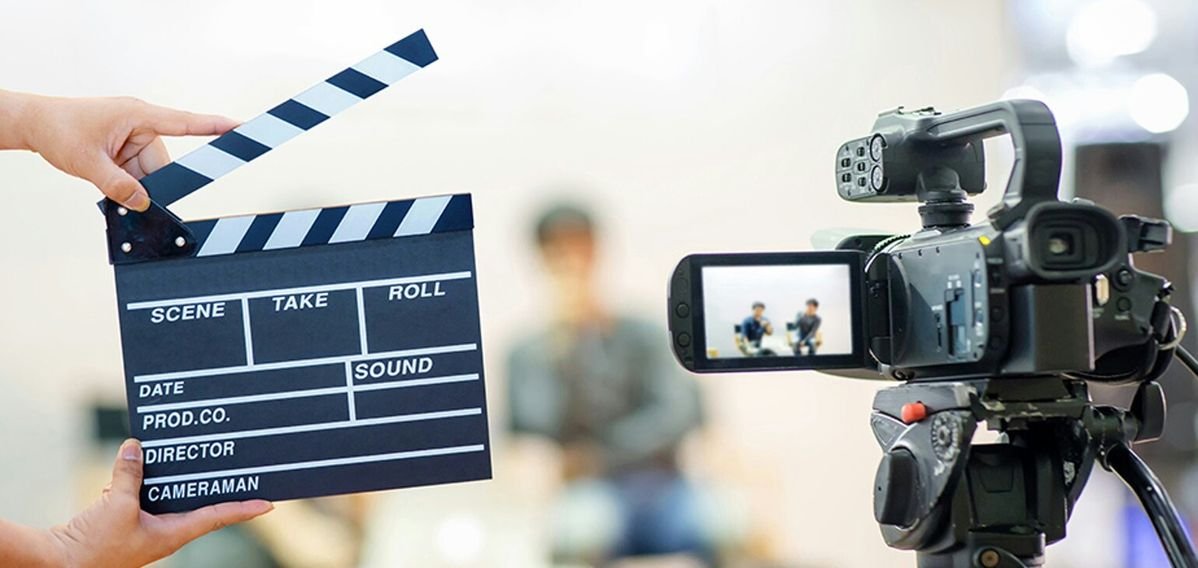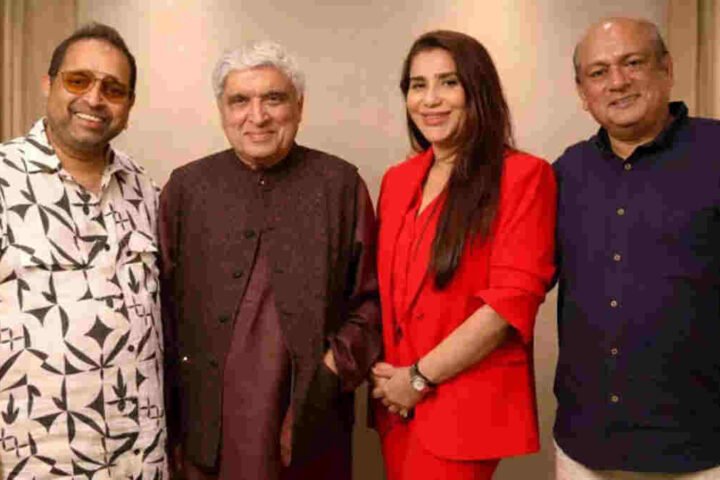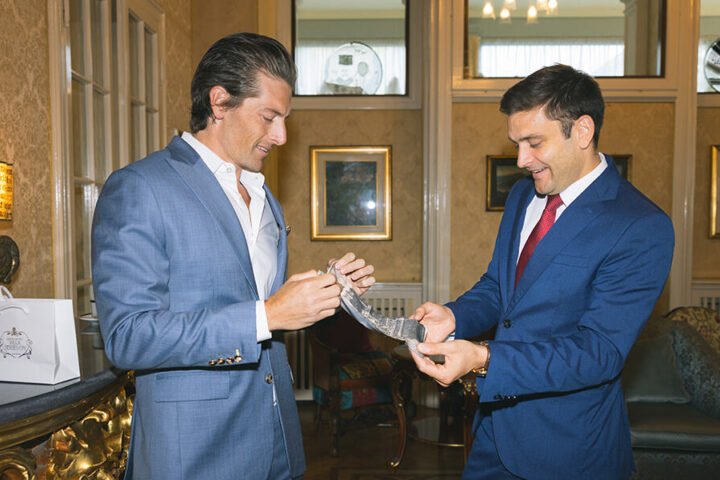Today: January 23, 2026
The Nostalgia Boom: Why Reboots and Remakes Are Dominating Film & TV
In the ever-evolving world of entertainment, one trend seems to have taken over the industry — nostalgia. From television reboots of classic shows to remakes of beloved films, Hollywood has embraced the past like never before. What began as a few creative experiments has now become a global phenomenon, reshaping how stories are told and consumed. The nostalgia boom isn’t just a passing fad; it reflects something deeper about audiences, culture, and the human desire for familiarity in an unpredictable world.
Over the past decade, we’ve seen a flood of revivals and remakes — from Friends reunions to The Lion King, Top Gun: Maverick, The Little Mermaid, and Stranger Things (which itself is a tribute to 1980s pop culture). Even streaming giants like Netflix, Disney+, and Amazon Prime Video are capitalizing on this emotional connection by reviving fan-favorite franchises and giving them a modern twist. But why does nostalgia hold such power over audiences, and why does it work so well?
At its core, nostalgia is an emotional experience. It allows people to reconnect with the moments, feelings, and media that shaped their lives. Psychologists describe it as a comfort mechanism, particularly during times of uncertainty or change. As the world faces social, political, and technological upheaval, people crave a sense of stability — and revisiting old stories offers exactly that. Watching a familiar movie or series acts like an emotional anchor, reminding us of simpler, happier times.
For studios, nostalgia isn’t just emotionally appealing — it’s a safe financial bet. Reboots and remakes come with built-in audiences who already love the characters, settings, and themes. This reduces marketing risks and guarantees attention. A well-known title instantly stands out in the crowded streaming landscape, where new shows struggle for visibility. The formula is simple: take something familiar, update it with modern technology or diverse casting, and appeal to both older fans and younger viewers discovering it for the first time.
However, this trend is not without criticism. Many argue that the creative industry is becoming too reliant on the past, recycling old ideas instead of fostering originality. Critics claim that this obsession with nostalgia may stunt artistic growth and lead to cultural stagnation. Yet, others believe that reboots and remakes can bring new perspectives to old stories, reflecting the values and social issues of today. For example, reimagining The Fresh Prince of Bel-Air as a modern drama (Bel-Air) gave the show new depth and relevance, tackling contemporary issues like race, privilege, and identity.
Technology has also fueled the nostalgia boom in unexpected ways. High-definition remasters, AI-enhanced visuals, and digital de-aging have made it easier to revive old content without losing its charm. Platforms like YouTube and TikTok amplify the effect by constantly resurfacing vintage clips, theme songs, and iconic moments from past decades. This digital rediscovery cycle keeps old media alive, continuously sparking demand for reboots and sequels.
On a cultural level, the return of nostalgic entertainment also bridges generational gaps. Parents who grew up watching Ghostbusters or Jurassic Park can now experience the new versions with their children, creating shared experiences across time. This blending of eras not only strengthens emotional bonds but also ensures the longevity of these iconic stories for decades to come.
Still, the real success of any reboot lies in balance — maintaining the essence that fans remember while offering something fresh. Audiences want to feel that spark of recognition but also crave surprise. The best reboots, such as Cobra Kai or Top Gun: Maverick, manage to do both. They honor the past while expanding the story’s universe, appealing to nostalgia without being trapped by it.
In the end, the nostalgia boom tells us something profound about storytelling itself. Great stories never truly age; they evolve with the people who love them. Whether it’s a modern remake or a heartfelt revival, revisiting the past helps us understand our present — and perhaps even dream about the future. As long as nostalgia continues to strike a chord, Hollywood will keep returning to its most powerful source of inspiration: our memories.
Tags
Brielle Duddy is a freelance writer and editor with a background in journalism. She has written for a variety of publications, with a passion for exploring the intersection of technology and society. Brielle is passionate about social justice and equality, and her writing often focuses on these issues. In her free time, she enjoys hiking, practicing yoga, and exploring the vibrant cultural scene in her hometown of Los Angeles.







